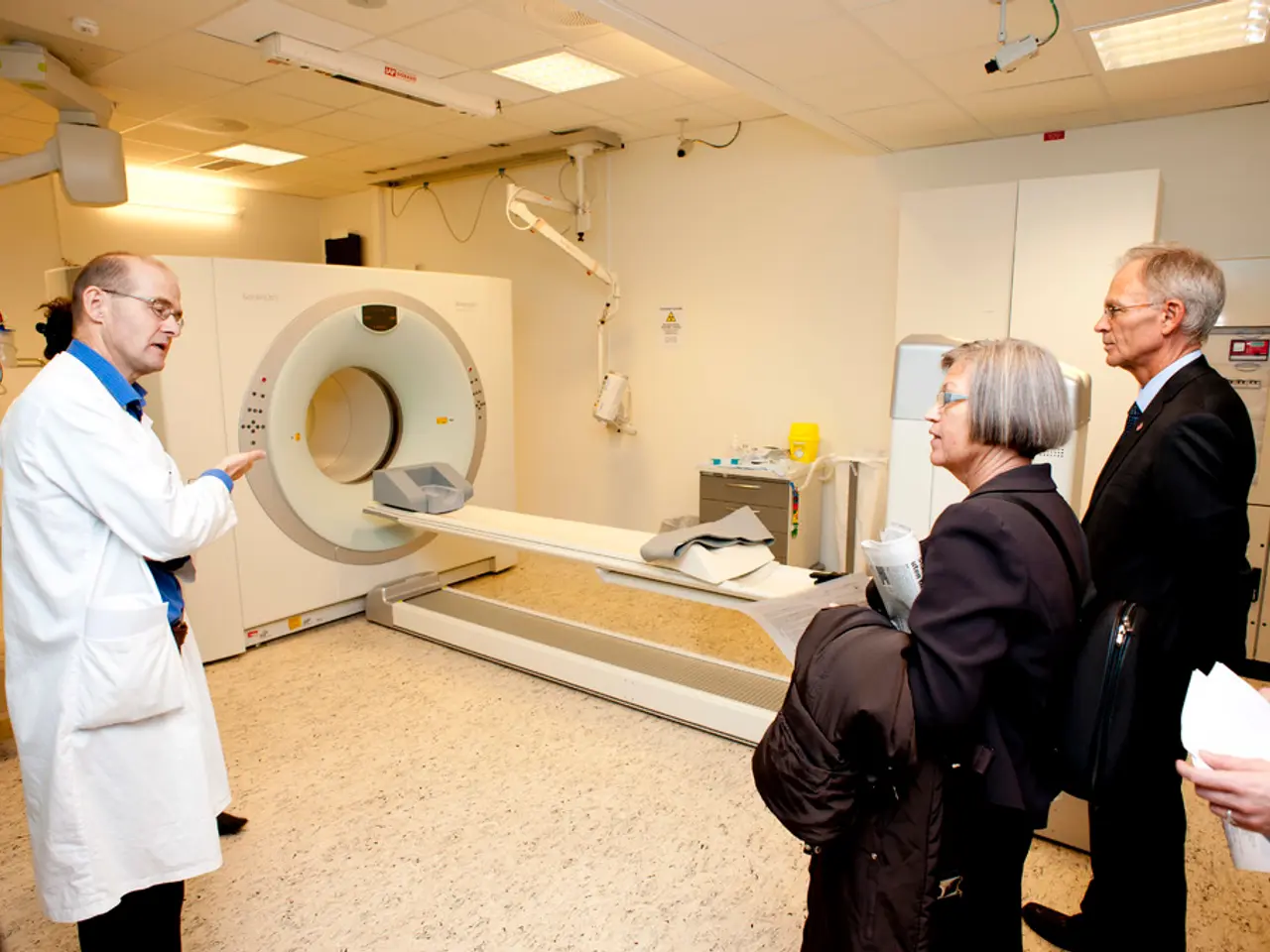Rapid increase in the use of home health tests; however, a UK study reveals that numerous tests lack clarity and accuracy
In the rapidly expanding market of self-tests, consumers are increasingly turning to at-home kits for a wide range of health issues, from gluten sensitivity to prostate health. However, a recent study has highlighted concerns about the quality and reliability of some self-tests, emphasizing the need for proper use, regulation, and evaluation.
Dr. Alex Richter, a professor of clinical immunology at the University of Birmingham, underscores the importance of having good tests on the market instead of bad ones. He stresses that consumers should expect self-tests to be accurate and evidence-based, with clear and comprehensive information about who should use them, how to interpret the results, and what to do next.
To help identify high-quality self-tests, experts advise looking for tests that adhere to established clinical guidelines, provide transparent accuracy metrics, and offer clear, actionable guidance after the results. Manufacturers should follow recognized quality standards, such as ISO 13485, and ensure proper labeling with clear instructions, storage conditions, and expiration dates.
Unfortunately, the study found that many current self-tests fall short on these criteria. Only 14 tests provided statements about their accuracy, eight offered information about who should or should not use the test, and seven told consumers what they should do after taking the test. Some tests contradict formal health guidance, which could lead to confusion and inappropriate health care decisions.
Two companies, Newfoundland and Suresign, had tests with questionable accuracy and inadequate evidence support, raising ethical concerns. However, it's important to note that the study does not cast doubt on all self-tests. At-home pregnancy tests and COVID-19 self-tests, for example, have proven useful and reliable when used correctly.
The sale of self-tests has increased significantly in recent years, with products available in supermarkets, pharmacies, and wellness shops. The market for at-home tests is predicted to be valued at hundreds of millions of euros by 2030.
With the increasing popularity of self-tests, authorities such as the Medicines and Healthcare products Regulatory Agency (MHRA) are acknowledging the issues and working towards improving safety standards. The study authors advocate for more regulation of self-tests, calling for thorough evaluation before they reach the market to protect consumers and the healthcare system.
Dr. Amitava Banerjee, a cardiologist and professor of clinical data science at University College London, urges caution with self-tests, stating they often fail to provide relevant knowledge or inform decisions correctly. He advises that at-home tests should not replace traditional medical care but should be used as an additional tool to support healthcare decisions.
In summary, to identify a high-quality self-test, verify if the test comes from a manufacturer that follows recognized quality standards, confirms that the test provides detailed, clear, and evidence-based instructions and result interpretation, checks for transparency about accuracy and validation data, ensures the test gives clear, actionable guidance after the result, and prefers tests regulated by or approved through trusted health authorities. Because many current products fail to meet these standards, exercising caution and consulting healthcare professionals when in doubt is advisable.
Dr. Alex Richter emphasizes that consumers should expect self-tests, even for medical-conditions like gluten sensitivity and prostate health, to be accurate and evidence-based, providing clear guidance on use, result interpretation, and next steps. In the rapidly growing self-test market, experts recommend looking for tests that adhere to clinical guidelines, have transparent accuracy metrics, and offer clear post-result advice, following quality standards such as ISO 13485.




